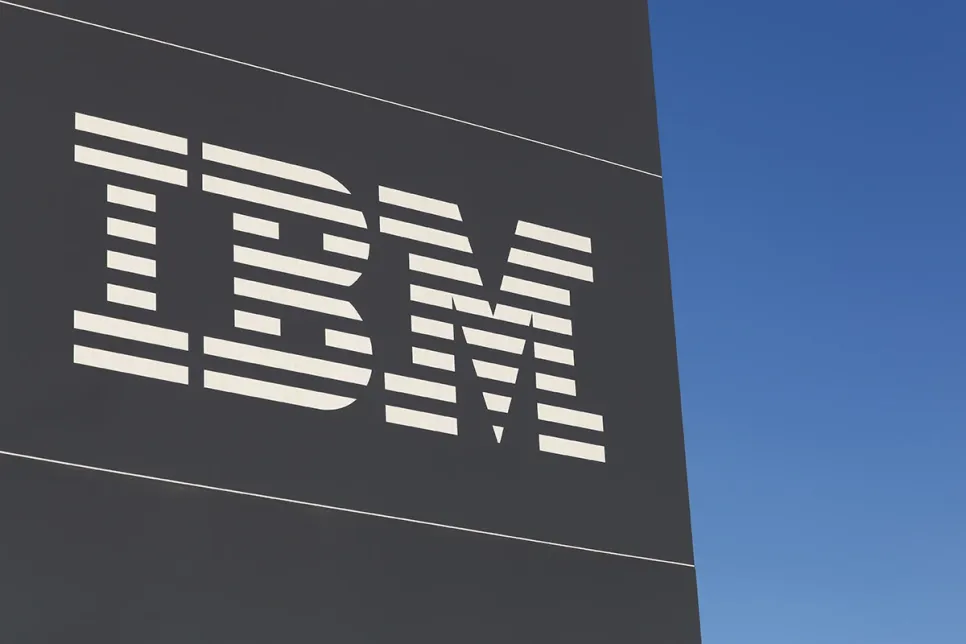NVIDIA Launches New Generation of Open Models for Agentic AI
NVIDIA announced Nemotron 3, a new generation of open models and data libraries designed for building agentic AI systems across industries.

IBM announced growing adoption of its food supply chain network, Food Trust. The blockchain-based cloud network offers participating retailers, suppliers, growers and food industry providers with data from across the food ecosystem to enable greater traceability, transparency and efficiency.
The network is now generally available after 18 months in testing, during which millions of individual food products have been tracked by retailers and suppliers. The ecosystem of network participants continues to grow, and the leading global retailer Carrefour announced they will use the IBM Food Trust blockchain network to strengthen their food excellence actions.
As one of the world's leading retailers with more than 12,000 stores in 33 countries, Carrefour stores will initially use the solution to highlight consumers' confidence in a number of Carrefour-branded products. As a commitment of the retailer's Act for Food program, the solution is expected to expand to all Carrefour brands worldwide by 2022.
The members of IBM Food Trust have helped build a powerful global business solution that is interoperable and built on open standards. The newest participants join a movement that is accelerating among retailers and suppliers. Beyond the goal of making food safer, the network and accompanying solutions have expanded to focus on optimizing the food supply. This includes generating insights on product freshness, reducing waste and making the supply chain more collaborative and transparent.
IBM is working with services and technology providers to contribute important supply chain, provenance, testing and sensor data to the blockchain ecosystem. Through a library of APIs, hardware, software and technology companies can write transaction data directly onto the blockchain network to provide valuable insights.
IBM Food Trust uses a decentralized model to allow multiple participating members of the food supply chain to share food origin details, processing data and shipping information on a permissioned blockchain network. Each node on the blockchain is controlled by a separate entity, and all data on the blockchain is encrypted. The decentralized features of the network enable all parties to work together to ensure the data is trusted.